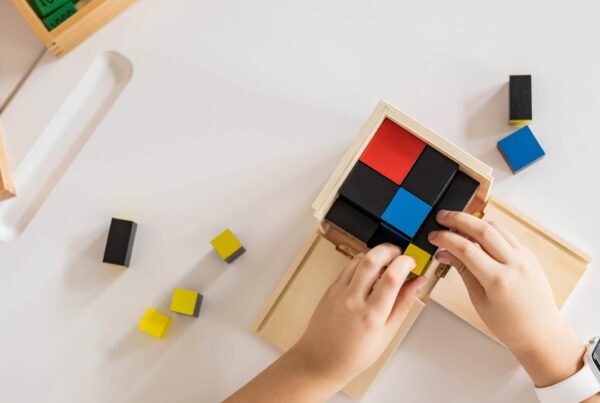Ah, flashcards! Those little cards that many of us remember flipping through before exams, with key points scribbled on them. But did you ever stop to think that these simple tools are actually cognitive powerhouses? Flashcards are more than just bits of paper; they’re a gateway to enhancing memory retention and understanding complex concepts in bite-sized pieces.
Research has shown that using flashcards can improve the effectiveness of learning by engaging active recall, a learning technique where you stimulate your memory during the learning process. Rather than passively reviewing your notes, active recall forces your brain to retrieve information from memory, strengthening neural pathways and making it easier to recall information in the future.
In this blog, we’ll explore how flashcards work and provide strategies to elevate your study routine. Let’s get started.
The Memory Hack You’re Missing
Flashcards help you remember information a lot better because they use a method called help active recall, an effective method for pulling information from memory, is significantly boosted by utilizing flashcards. Their advantages don’t just stop there however.
They’re easy to carry around, which means you can study anywhere and anytime, adapting to different environments seamlessly. Studies have also found that using digital flashcards can be just as effective as traditional paper flashcards, offering the added benefit of accessibility and convenience.
They can also be leveled up by combining them with other effective learning strategies. Ever doodled in the margins of your notes? That’s a form of visual learning, where the brain maps information to images, making it easier to recall later. By incorporating visuals into your flashcards, you’re not just learning; you’re creating a mental ‘mind palace,’ where each room is filled with vivid imagery linked to the knowledge you need.
Crafting the Perfect Flashcard
Harnessing the full potential of flashcards starts with crafting key points that are concise yet powerful. Here are some tips to help you get started with flashcards:
- Write It Down: Begin by writing key points clearly on flashcards. Research shows that writing aids retention. Condense complex ideas into brief, clear notes. This process encourages critical thinking and helps formulate concise questions and answers, enhancing understanding and recall.
- Organize by Topic: After creating flashcards, organize them by subject or theme. This structured approach helps manage large amounts of information and allows for easier navigation. It also helps identify connections between concepts, further aiding comprehension and memory retention.
- Level Up with Combos: Enhance flashcards with visuals like images, diagrams, or color-coded text. Visual aids tap into the brain’s preference for visual information, making learning more effective and engaging. This multi-sensory approach promotes deeper understanding and longer-lasting memory retention.
- Regular Review for Mastery: Creating and organizing flashcards is just the beginning. Regular review is essential for deeper understanding and retention. Like muscles that strengthen with exercise, consistent mental “workouts” improve your brain’s ability to recall information. Testing yourself or having someone quiz you on the flashcards ensures thorough understanding.
Reviewing flashcards not just before exams but as part of a continuous learning process can transform temporary knowledge into long-term understanding, fostering personal growth and development in the process.
A Holistic Approach to Learning
The journey through learning and personal development is continuous and ever evolving. In this digital age, traditional tools like flashcards, reimagined with modern techniques, play a critical role in enhancing cognitive clarity and memory retention. By leveraging the power of active recall and visualization, students can transform their learning experiences into a more efficient and effective process.
Moreover, platforms like Swayam Analytics bring a new dimension to learning by providing detailed personality insights and student analytics. Our tools empower individuals to make informed decisions about their education and career, fostering a sense of confidence and support necessary for success. In essence, the fusion of traditional learning techniques with modern analytics marks a new dawn in education.

